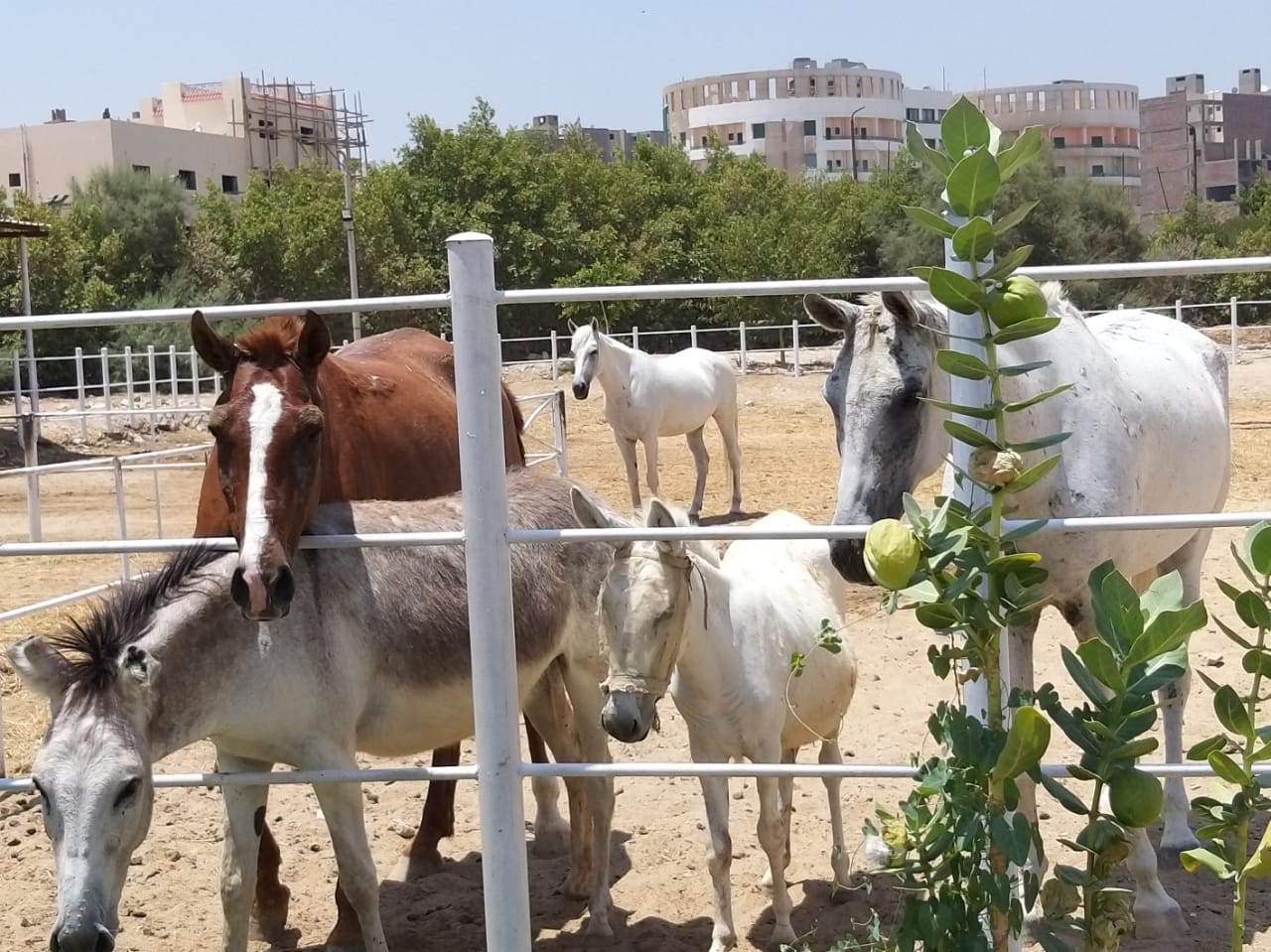
Most people are used to the typical scene of a therapist’s office with a client sitting on a comfortable lounge chair as they talk through their problems, but when you think of therapy, do you ever imagine a horse?
This may only be a comforting scene for trained equestrians, but horse therapy is indeed an existing form of therapy readily available for all who can afford it.
Equine assisted psychotherapy is a holistic highly specialized form of experiential therapy. It involves working in collaboration with the therapist, psychologist or psychiatrist, a horse specialist and most importantly, horses.
The fundamental aim of this kind of therapy is to help individuals discover more about themselves, encouraging people to reconnect, to explore emotions, feelings and beliefs. By way of self perception, individuals determine their attitude and preferences by interpreting the meaning of their own behavior.
The reason horses are beneficial to this process is that being a prey animal, horses are highly sensitive beings and are very effective at mirroring the behaviors and attitudes of the people they are working with. They are empathetic and emotionally responsive to humans.
Joanna Gray is a British citizen from Yorkshire who has lived in Egypt for almost ten years. Gray is an Equine Psychotherapist and Trauma and Crisis Counselor. She has been based at the Behman Hospital, a center that is considered the pioneer of equine psychotherapy in Egypt, for around eight and a half years.
Gray’s team of therapy horses arrived at The Behman Hospital in 2016, they currently have five horses and two donkeys as part of EQUUS Team Behman, all of which, barring one, are rescued, adopted from the Egypt Equine Aid charity based in Sakkara.
“There are a number of institutions globally offering training and educational components surrounding equine psychotherapy and assisted learning.We proposed Equine Psychotherapy to Dr. Nasser Loza (medical director and consultant Psychiatrist) at the Behman hospital in 2015. Initially, while our equine facility was being built on the land adjacent to Behman, we were facilitating our therapy sessions in Sakkara at Maryanne Stroud Gabbani farm,” Gray tells Egyptian Streets.
“I have had the privilege to have shared space with horses all my life starting from the age of five years old. I competed with my horses from a young age and in the late eighties acquired my license in the UK to race horses professionally on the flat,” Gray says.
She was a professional jockey in the UK until 1993 when she sustained a fractured skull head injury in a racing accident which led her to take a year off from racing until deemed fit by the racing board doctors to commence race riding again. She retired a year later from actual professional race riding, then turning all her attention to training race horses both on the flat circuit then National Hunt jump racing.
“All the horses were living at home with us on the farm. My lifestyle with horses was running parallel with my work and role as a mental health therapist practitioner back in the UK up until coming to Egypt 9 years ago. Since then, of course, I have my own horse here in Cairo. Horses are my addiction, a life without them is unimaginable. So in 2015 after a chance meeting and discussion surrounding equine psychotherapy, It seemed an opportunity that couldn’t be missed!” Gray says.
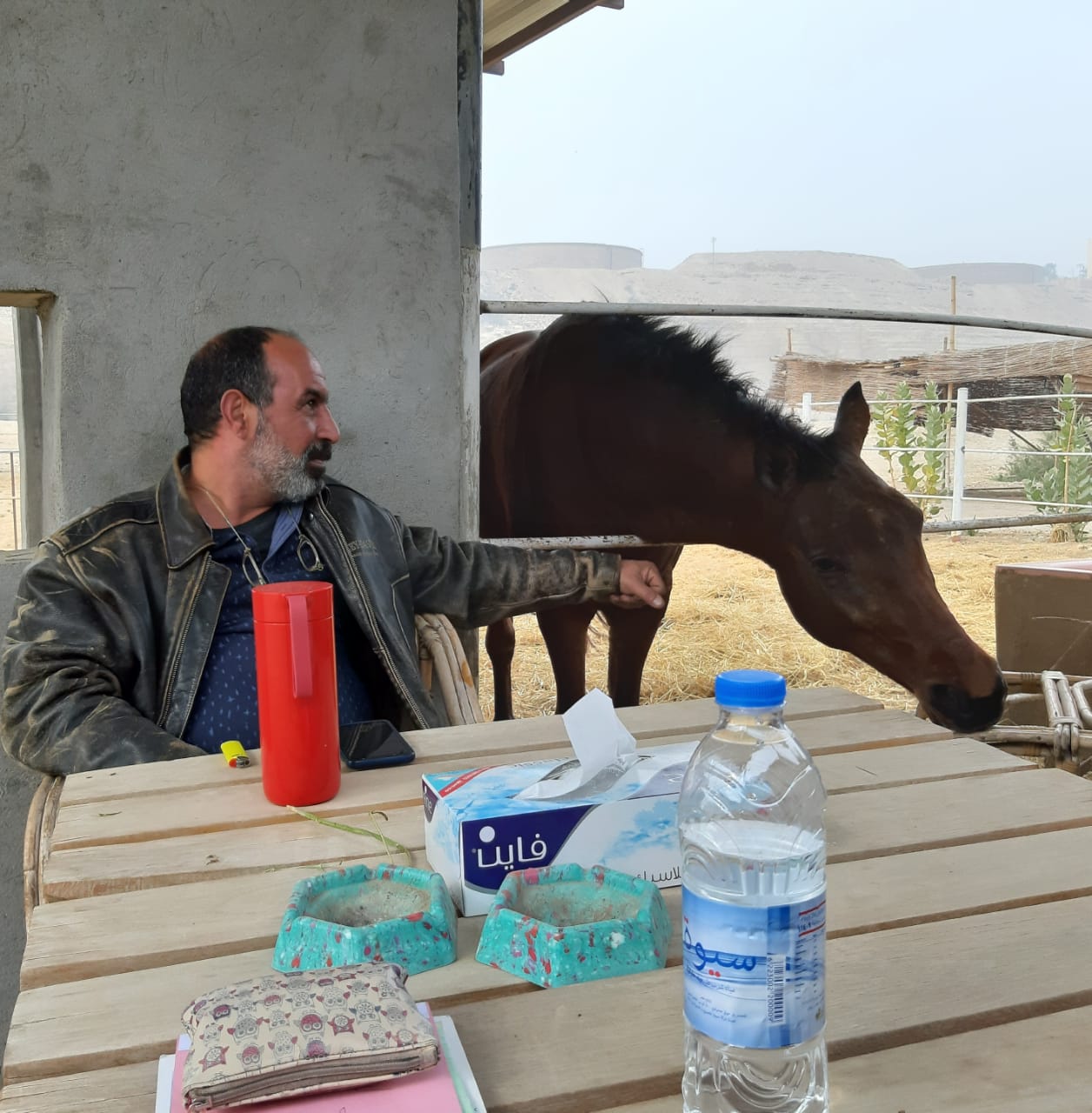
Professional certified trainer Mostafa Selim Zaki was also fortunate to have had experience with horses from a young age. Zaki competed on the Show Jumping Circuit representing Egypt internationally with European horses.
Zaki and Gray both shared a lifetime of experience surrounding horses, combined with their professional backgrounds working in mental health, which led the way for them to work together at The Behman Hospital.
Equine psychotherapy takes place in a safe and non-judgmental environment, involving individuals engaging with the horse, where they are given specific tasks and challenges to overcome. After the session with the horse, Gray shares, the client is able to engage and discuss their emotions and experience with their mental health team.
Gray’s Equine Assisted Therapy team supports a variety of mental health needs, particularly trauma, crisis, and addiction. Their team also supports individuals with depression and anxiety, emotional, personality, and behavioral disorders. Their latest venture is a support group for women who are victims/survivors of abuse/violence at any stage in their lives, to tell their story.
Equine psychotherapy is also used globally, supporting children and individuals suffering from neurological and developmental disorders, or an autism spectrum disorder. It works with individuals, couples, families, and groups, with the target including support for both children and adults of all ages in therapy.
“There is no riding involved with this therapy and does not require you to have any past experience with horses. Having said that, there are several concepts and therapeutic modalities used in equine psychotherapy/ assisted learning, where some practitioners use more horsemanship/riding during their sessions,” Gray clarified.
Other psychotherapists use a ground-based concept, incorporating techniques using metaphor intervention, the clients’ self-perception, and observing attitude formation.
Why Horses?
“Horses are authentic, have no preconceived expectation, are nonjudgmental, with no hidden agenda. Horses expect us to be totally present in the here and now. They expect real-time and prompt us constantly to check in on ourselves,” Gray adds.
The Equine-Human bond mirrors the private world of the individual, Gray says, which is very useful for those people who struggle to articulate and explain how they are feeling. This gives people the opportunity to express their emotions and feelings through the horse, who becomes a great catalyst for personal development and growth.
Individuals who struggle to trust, or be intimate with people very often are able to establish a strong bond and connection with their horse, which becomes particularly helpful when individuals have lost confidence and trust in those around them, especially those who have experienced trauma abuse/violence.
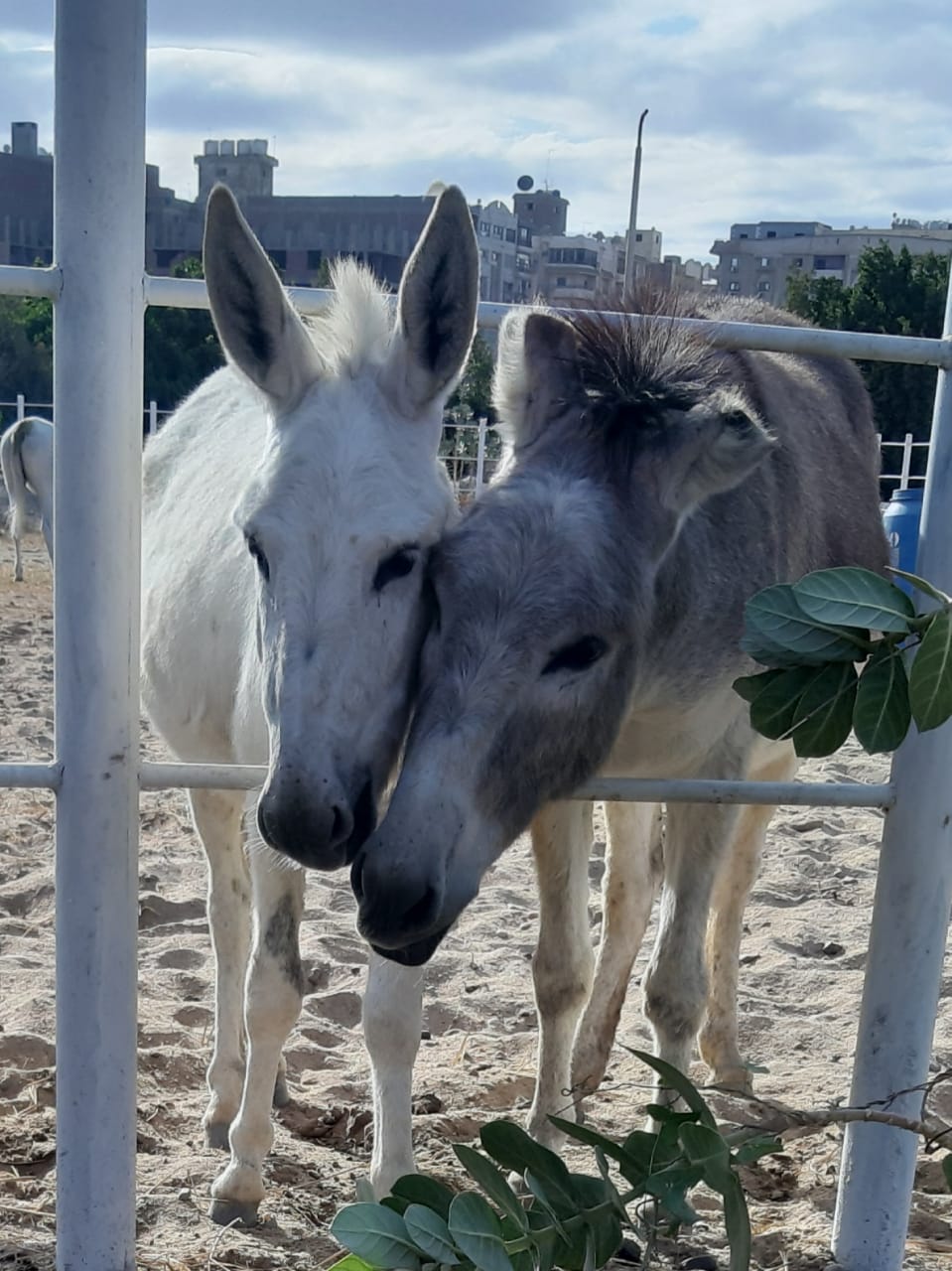
This therapy supports people in developing a large array of skills, including developing new-found skills, such as better communication, developing confidence and self-esteem, increasing assertiveness. Equine is also highly effective in supporting decision making and problem-solving, developing healthy boundaries, personal efficiency, and mindfulness.
“Working alongside horses gives us an excellent opportunity to recognize what healthy relationships look like, without this sense of entitlement, to reduce our need for high expectation and control, becoming more flexible. A client is given the opportunity to be more responsible for self, thus developing more independence, awareness and self-identity,” Gray adds.
Dealing with the horses also provides insight to real-life challenges and situations.
Gray breaks it down to mean that if the clients are not happy with the behavior and response of the horse, they should inevitably check in on themselves and make changes to their own behavior first.
“All too often people are not aware of the role they play regarding communication, engagement in many life situations. There are many conflicting messages going on, the horse is the greatest mirror to highlight this, they expect real-time every time!” she adds.
Horses are Team Members
The equine team holds in high priority the importance of the horses, which they refer to as the team members.
“It is paramount to the equine team that the Equine specialist is highly experienced in every aspect of horsemanship. The Equine specialist needs to know his equine team members (horses) on a much deeper level. This is a relationship built over time, with mutual respect and trust. The Equine specialist needs to know their horses like they know themselves,” she says.
They prioritize understanding their horse’s narrative, personality, and character, as well as treating each horse with respect as another sentient being, with their own unique individual set of needs.
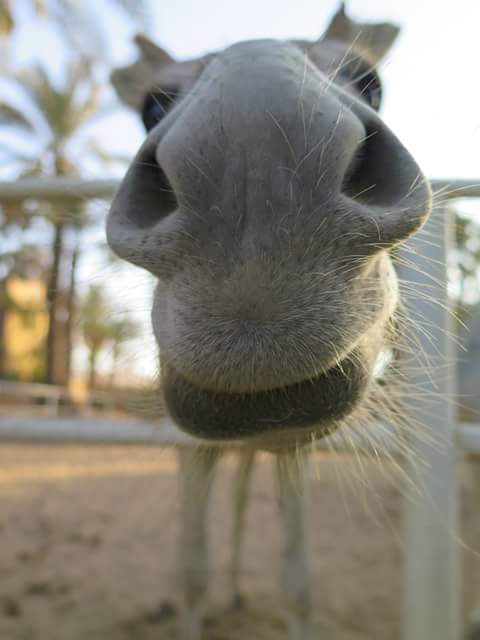
“The horses are not used in therapy as a tool, they are not made to do anything they are not comfortable with. The horses are always free to come and go as they please. They are never restricted in any way. They are as important as any other team member, likewise both human and equine equal,” says Gray.
The horses only participate in the therapy with their free will, and their well-being is paramount to the authentic evolution of this therapy.
Short-Term vs. Long-Term Therapy
Gray says that equine-assisted therapy is an open-ended therapy situation.
“The length of time very much depends on the individuals who come to therapy. Some individuals come into equine psychotherapy with specific concerns and issues. A brief experiential solution-based therapy may be just what’s needed,” Gray says.
In such cases, Gray explains, the client would usually come in for 6 to 8 sessions, but it’s still very individual. Some people come into equine to explore deeper-rooted feelings and issues which may take several months or longer, in cases such as trauma and addiction.
“We initially see clients once weekly for around a month, then depending on the individual’s situation, some continue weekly visits. Other clients may visit equine every other week or transition to monthly sessions,” Gray adds.
In some cases, people also leave therapy and occasionally revisit for a couple of sessions to check in on specific concerns that have come up again in their lives.
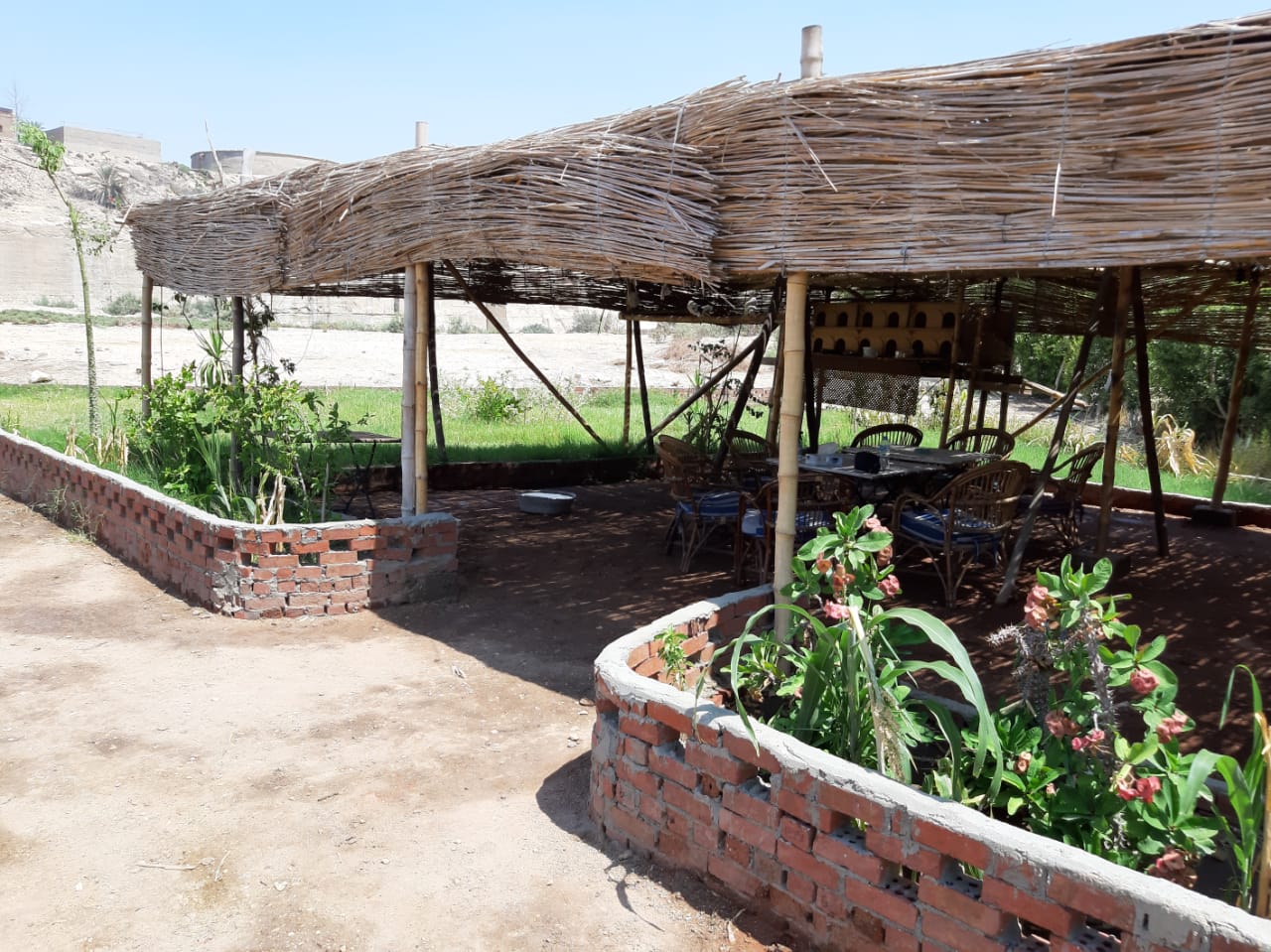
In many ways, equine-assisted therapy is similar to traditional therapy, but with an animal who seems to have the ability to understand more than many humans.
“The horse-human bond helps individuals learn more about themselves and use this learning to change lives,” Gray says.




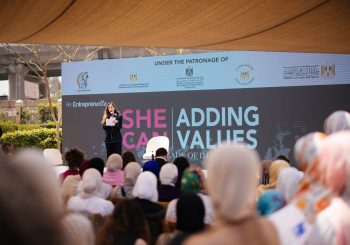

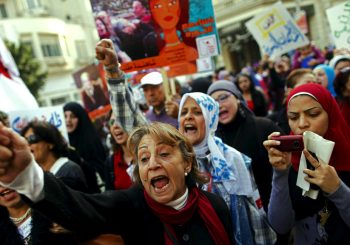
Comments (5)
[…] few years back, one of Behman’s psychotherapists, Joana Gray, introduced a new method of therapy, Equine therapy, which uses horses to help patients deal with psychological and emotional […]
[…] Equine Assisted Therapy: Can a Horse be your New Therapist? […]